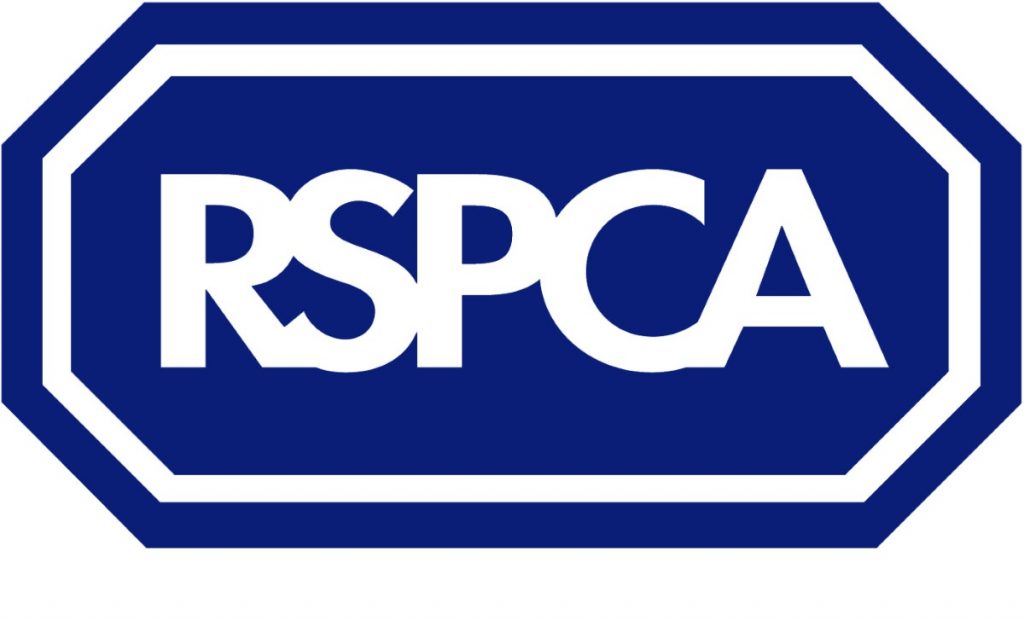RSPCA: Learn to love the spider this Halloween
Survey shows children lose their fear after trip to woods
Halloween fright nights and reports of false widow spiders in the UK do their best to feed our fear of spiders, but a RSPCA wildlife centre has successfully helped children learn to see these amazing creatures in a more positive light.
A new survey has found that children lost their fear of spiders after a visit to Mallydams Wood in Hastings, East Sussex, an education and wildlife centre set among 55 acres of woodland.
It questioned 154 children aged six to nine at the start of their trip, and then again at the end, to see whether their feelings towards the arachnids changed. It showed that most of the young visitors saw the animals as less fearsome after spending time acclimatising to the 55 acre woodland and learning about the mini-beast code of conduct.
Centre manager Bel Deering said: “We saw a marked difference in how the children reacted to these fascinating little creatures after spending some time with us. They learned to look at them in a completely new way.
“Whilst they sat around campfires or other spots in our woods, it was common for the spiders, earwigs and other mini-beasts to come along and join in the fun. Initial reactions were often to flinch or even swipe at them, but after a while our visitors started to pay attention and enjoy watching how they behaved.”
Bel added that there may be a message for the wider public in this survey. She said: “Wouldn’t it be great if people could follow this example and learn to love the spider this Halloween.
“There’s been lots of reports about spiders recently and some of them quite alarmist. We always advise people to keep their distance from unusual looking spiders but the reality is most of them are harmless and are more scared of you than you of them.
“Of course we understand that many people have fears – I’m one of them. But the automatic reaction to seeing a spider is often to squash or even stamp on them – when simply putting them aside somewhere safe, or getting a friend to, would be the far kinder thing to do.”
The spider survey was part of an evaluation of a three-year ‘Wild Things’ project based at Mallydams which aimed to raise understanding about wildlife. It was funded by Access to Nature Grant (part of the National Lottery), ended in August and worked with nearly 6,500 people from youth offending teams, young families and other disadvantaged groups in the area.
The evaluation looked at questionnaires, surveys, letters and other feedback and found that the project increased understanding of nature and how to behave around wildlife among the visiting groups. Children listed the importance of being quiet, not disturbing homes, not leaving litter, and understanding that some wildlife under threat among the things they learned.
Bel said: “Catching children young can make a real difference to attitudes – not just towards spiders but to wildlife and the outdoors as a whole. It can decrease their fears and increase their enjoyment in many areas of the natural world as well as improving the welfare of the animals themselves.”
“It has been amazing to see what a difference it can make to children to walk around in the woods – so much was achieved in terms of teaching them about the natural world on their doorstep.
“Sadly the funding for this project has come to an end but we would love to extend it if we could secure some more.”
Spider bites are rare, but the RSPCA advise people to keep their distance from all unusual looking spiders, and that if they want to identify any spider they should contact the Natural History Museum or the British Arachnological Society. Anyone who suspects that they have had an adverse reaction to a spider bite should seek medical advice.
Information about the various varieties of false widow spiders can be found here. Only two of these have been known to bite humans and some are native to the UK. http://www.nhm.ac.uk/about-us/news/2007/may/news_11767.html
For more information about the Mallydams Wild Things project please visit: http://www.rspca.org.uk/in-action/whatwedo/centres/mallydams/education





-01.png)